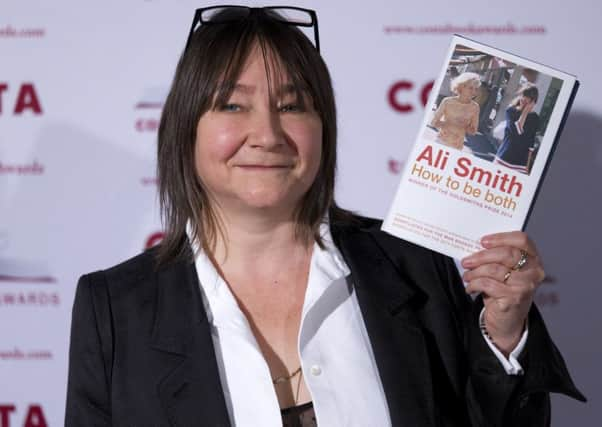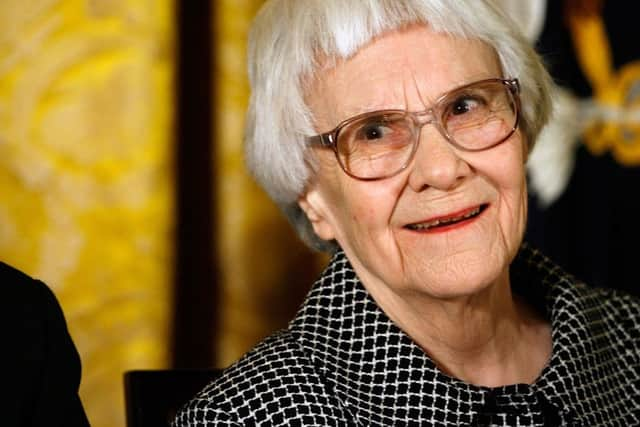Stuart Kelly: My review of the year in literature


A YEAR is, obviously, a very arbitrary way to look at literature; then again, most ways are. What will 2015 be remembered for? That’s not really a question I can answer – posterity can be left to its own devices – but I can say why I will remember it.
The Man Booker went to Marlon James for A Brief History Of Seven Killings, a work of raggedy brilliance and unflinching honesty, while Kevin Barry took the Goldsmith’s for Beatlebone, a giddying yarn about a fictitious return trip by John Lennon to the Irish island he bought. Ali Smith scooped yet more prizes with the Bailey’s and the Costa Novel Award for her typically light and sure-footed How To Be Both. But the biggest prize news was the “not giving the prize” news. The erstwhile Folio Prize, of which I am an Academician, took time out. Given that the Man Booker was outflanking it on scope and the Goldsmith’s on integrity – it is awarded for “innovation in fiction” – suddenly the New Kid looked as if it might be Surplus To Requirements. I’m not sure that’s the end of the (Insert Sponsor) Prize, but anything which encourages broader reading, and a broader sense of what “good” can mean, is to be treasured.
Advertisement
Hide AdSo what was good? One criticism that could be levelled at the Goldsmith’s Prize is the all-male shortlist. There were plenty of daring, experimental, avant-garde books by women this year. I was surprised not to see Scarlett Thomas’s The Seed Collectors – a book about botanists with family trees more knotted than the Fortingall Yew – or Sara Baume’s Spill Simmer Falter Wither on the list. Likewise, Kelly Link’s new short story collection, Get In Trouble, was not just daring, but both plangent and sardonic.


In literary fiction, you couldn’t get away from genre. David Mitchell was writing more fantasy with Slade House, Tom McCarthy upended the techno-thriller with his thrillingly bored Satin Island, China Miéville rewrote the possibilities of short fiction and took on the mantle of the punk MR James. Richard Beard spliced New Testament history with Le Carré-style espionage with Acts Of The Assassins; Brian Catling gave a homage to surrealism in The Vorrh; Andrew Michael Hurley reclaimed the horror novel with The Loney. Sarah Lotz’s Day Four, a sort-of-sequel to The Three, was supremely eerie; Anna Smaill gave us a musical dystopia in The Chimes; and our own Allan Massie, one of the most succinct and distinct writers of our era, concluded his crime tetralogy about Vichy, with the excellent End Games In Bordeaux.
In literary non-fiction, it was immensely pleasing to see more risks being taken. Ruth Scurr’s John Aubrey, My Own Life created the diary of the 17th century biographer by rearranging and reassembling his own words to astonishing effect: it was a reticent move wholly appropriate to a man more interested in others. Robert Douglas-Fairhurst’s The Story Of Alice was a kind of biographical lobster quadrille, telling the stories of Charles Dodgson, his nom-de-plume Lewis Carroll, the original of his famous heroine, Alice Liddell, and the Alice books themselves. Deborah Lutz’s The Brontë Cabinet: Three Lives In Nine Objects took the “keyhole” approach to biography to a profitable extreme. Raymond Tallis wrote a sort-of-memoir in The Black Mirror, the conceit being the life was told through an imaginative analysis of his own corpse and all the things it could no longer do. In fact the relationship between mind and body was a recurring concern this year, appearing in Suzanne O’Sullivan’s excellent study of psychosomatic disorders, It’s All In Your Head, in Cathy Retzenbrink’s harrowing account of her brother being in a persistent vegetative state, The Last Act Of Love, and in Matthew Green’s compelling work on post-traumatic stress disorder, Aftershock.
Robert Macfarlane’s Landmarks continued his work on how we approach the environment, but through archaic, obscure and regionally specific words. In its attack on a deadening homogeneity it might well stand as a metaphor for the literary ecosystem as much as the natural world.
But the biggest book news this year was the publication of Harper Lee’s prequel and sequel to To Kill A Mockingbird, Go Set A Watchman. Academics may have been interested in her juvenilia; readers felt betrayed and bored. But posterity can decide about it as well.